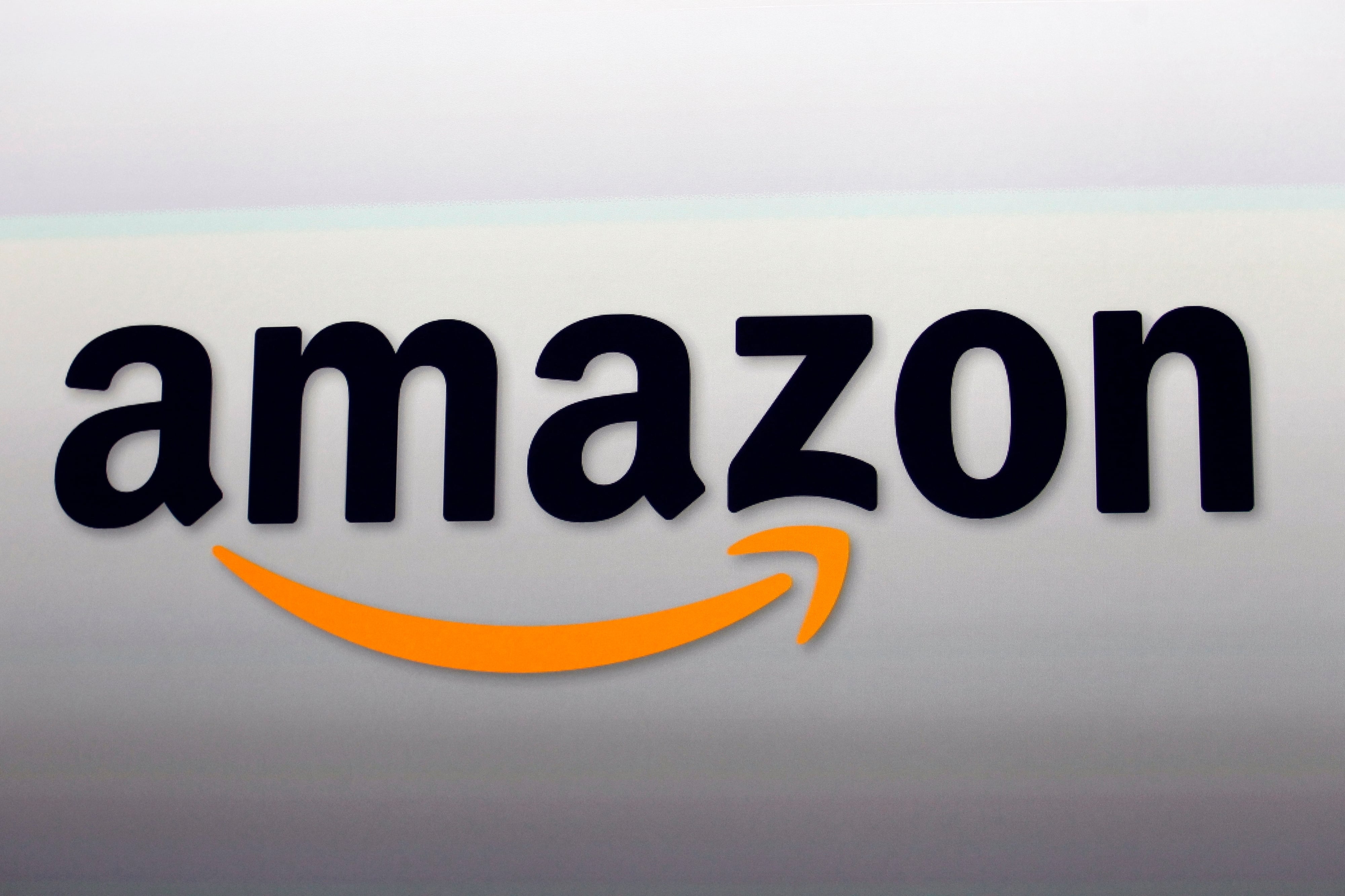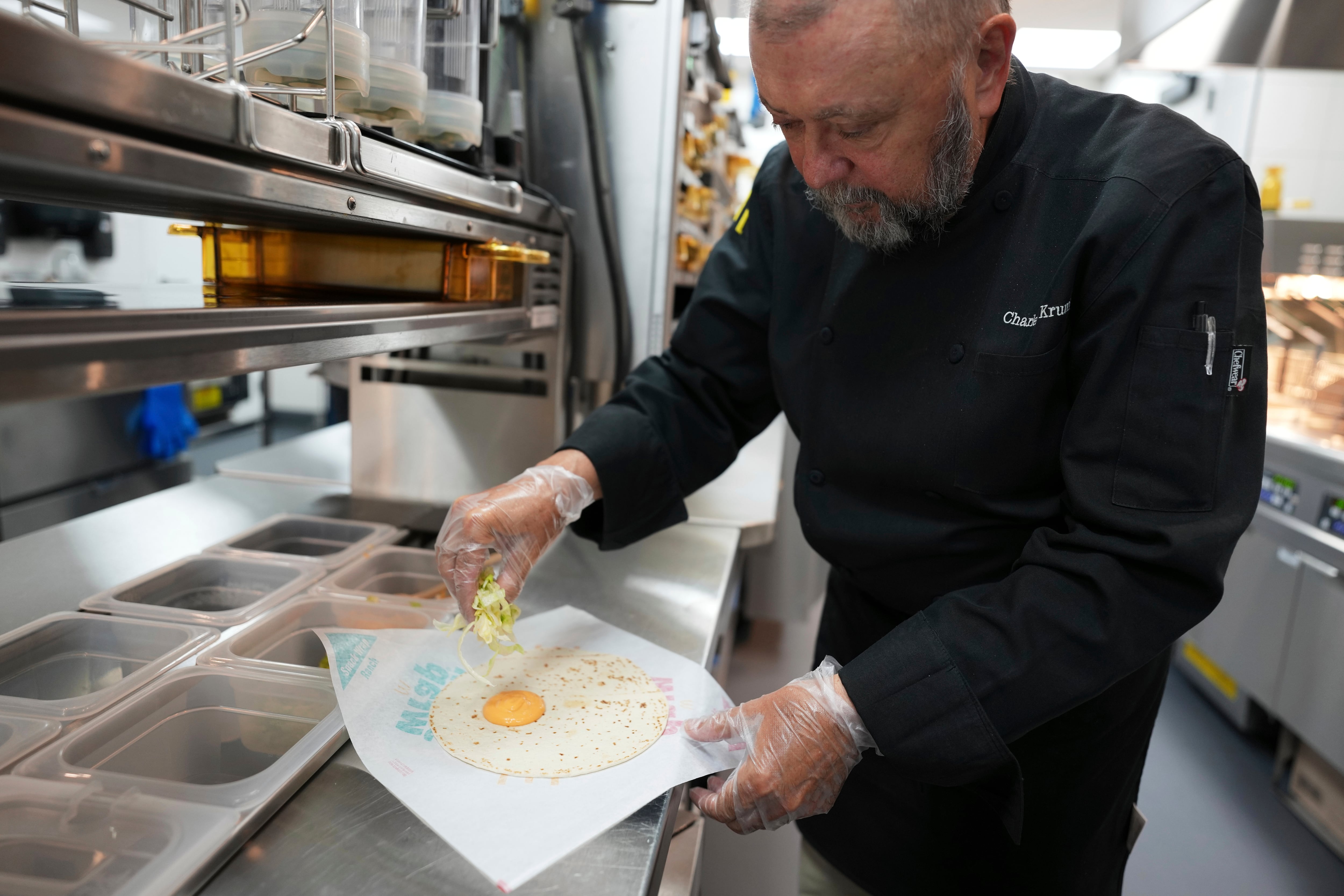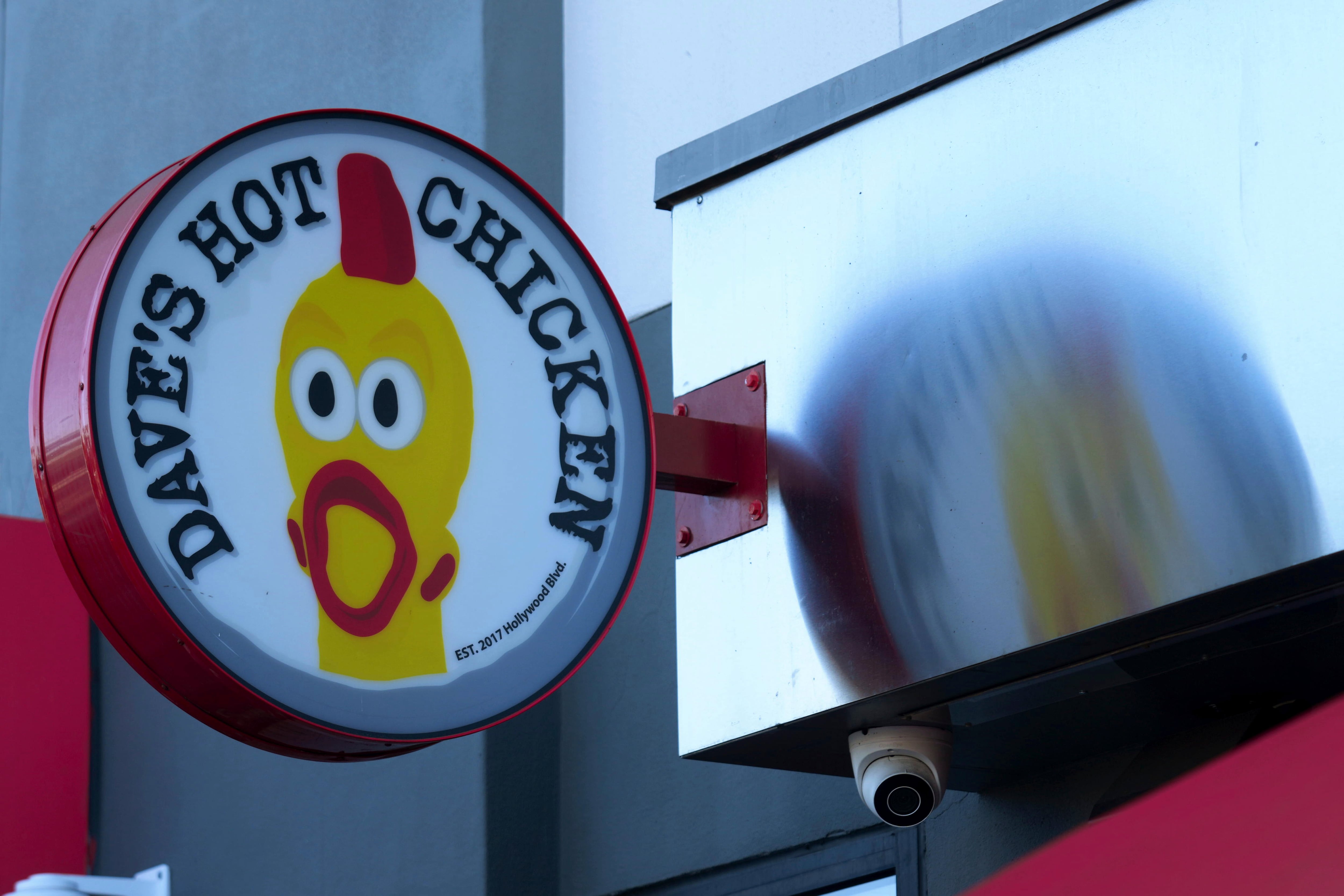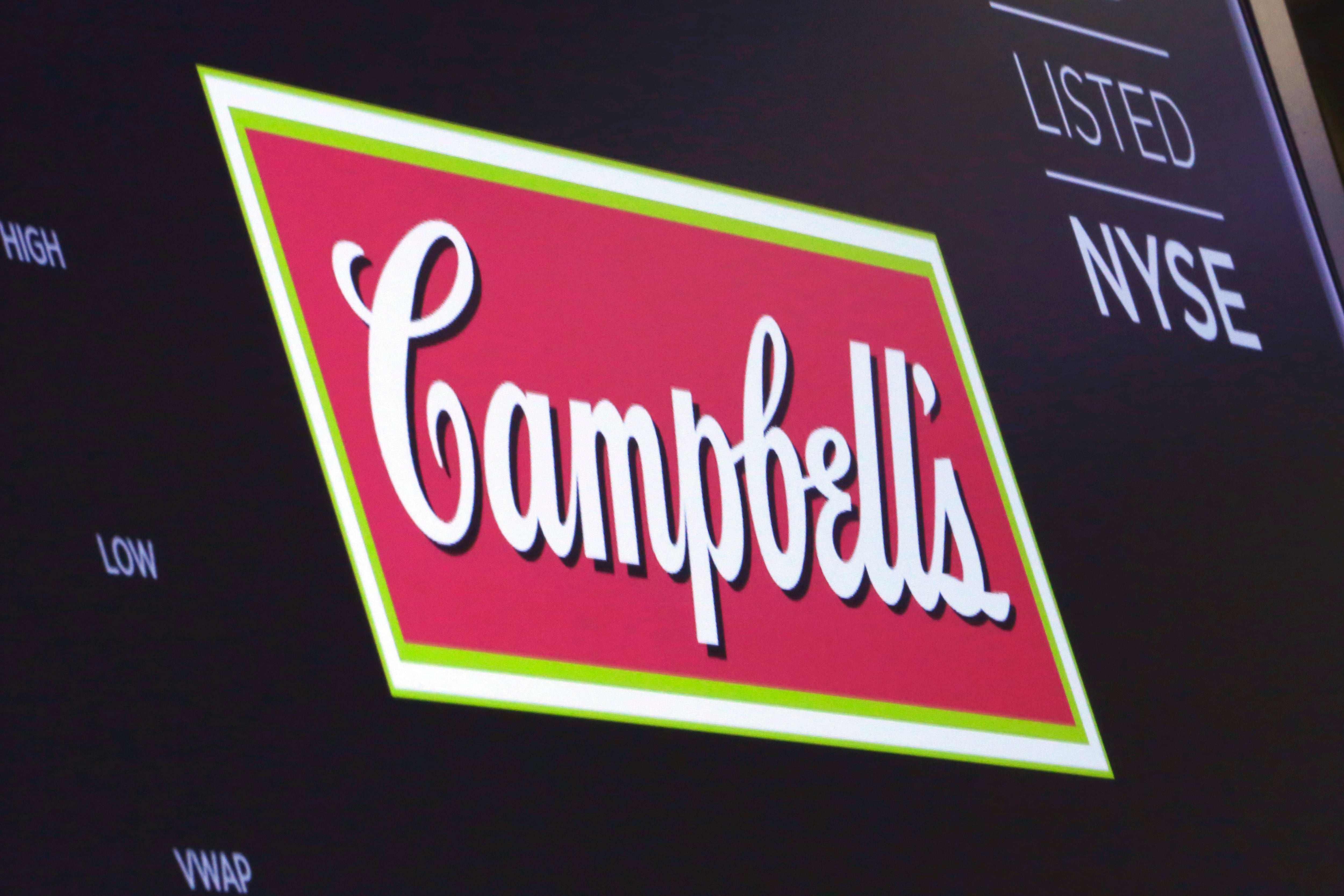Disney+ launched two days ago to more than 10 million signups, indicating the streaming wars are still gaining steam. As streaming services battle it out, technology and strategy consultant Michael Wolf says companies like Amazon and Apple, who can offer cross service bundles, will come out on top.
Amazon ($AMZN) and Apple ($AAPL) offer two services for streaming. First, the companies offer respective subscription services, but both also offer a "tax" on other services that use those platforms to stream. For example, the Apple TV app includes other, non-Apple subscription services, like Hulu and Netflix.
"The biggest winners ... the people who are going to make the most money, are going to be Amazon and Apple, because they're going to get this tax on everyone's [subscription] sold, with no cost attached to it," Activate's founder and CEO Michael Wolf told Cheddar in an interview Thursday.
Studios are spending billions of dollars for rights to new stories for original content. Almost 500 scripted shows came out in the U.S. in 2018, with the number likely to grow as new players enter the race this year.
"If you look at how people are signing up for these services, the great majority of signups for all the other services are going first through Amazon and then through Apple," he said. "Both Amazon and Apple are taking a hefty tax, over 30 percent of that revenue, every single month for selling those services."
Globally, internet and media businesses are expected to add $300 billion in growth dollars, according to Activate's new "Technology and Media Outlook" report. That number is growing faster than the GDP, according to the report, compiled with information from the International Monetary Fund, among others.
"We forecast that, within four years, the average American is going to be using five of these [streaming] services," Wolf said.
Major players in the streaming wars currently include Amazon's Prime Video, Apple's Apple TV+, and At&T's forthcoming HBO Max, but it remains to be seen which of the services consumers will turn to in the long run.
Wolf said he expects to see more bundling of services, like the Disney+ deal that includes Hulu and ESPN+.
His team analyzes consumer trends, technological innovations, and industry dynamics annually, compiling a "Technology and Media Outlook."
He called the report a "glimpse of how people will spend their time and money."












